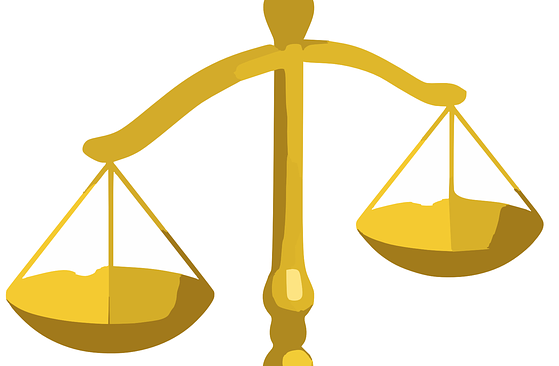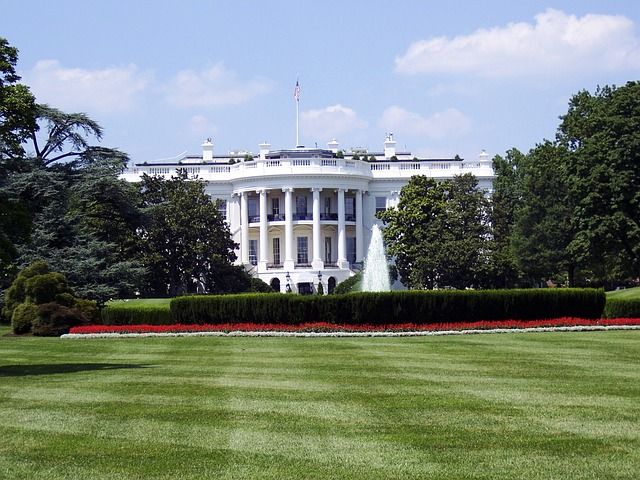FACT-CHECK: Netanyahu on Constitutionality

Prime Minister Benjamin Netanyahu: "What you're talking about is a situation, or potential situation, where in American terms, the United States' Supreme Court would take a constitutional amendment and say that it's unconstitutional."
In an interview with CNN's Wolf Blitzer on July 27, and in subsequent interviews with (exclusively-international) outlets from Fox News to NBC News, PM Netanyahu refused to say if he would abide by a Supreme Court ruling if it struck down the recently-passed 'reasonableness' bill, which allows the Courts to block government decisions that are just plain unreasonable (eg, appointment of a convicted law-breaker to a government ministry.) Netanyahu called the situation "uncharted territory."
"What you're talking about is a situation, or potential situation, where in American terms, the United States' Supreme Court would take a constitutional amendment and say that it's unconstitutional." – Netanyahu
Likud Justice Minister Yariv Levin, asked about a constitutional crisis, echoed PM Netanyahu, declaring, "The prime minister rightly said that over the years, governments have respected the rulings of the court, and the court has respected the basic laws. I hope that will be the case this time as well. The responsibility now rests with the Supreme Court." (Kol Berama Haredi radio)
At a Knesset press conference Wednesday, Likud Knesset Speaker Amir Ohana warned that the court hearing on reasonableness could “plunge us into the abyss - the Knesset won’t submissively accept its trampling… There is no debate, and there cannot be one, over the question of whether the Knesset has authorized the court to nullify Basic Laws,” he said.
Netanyahu essentially claimed that the Israeli Supreme Court overturning the reasonableness law, an amendment to one of Israel's basic laws, is equivalent to the US Supreme Court ruling a constitutional amendment unconstitutional.
But in a democracy, repealing a law needs to be at least somewhat commensurate with the difficulty of establishing it in the first place.
In fact, in the US, to declare a "constitutional amendment unconstitutional" is almost impossible. To repeal an amendment to the constitution, you would need to ratify another amendment in its place. And ratifying a constitutional amendment is very, very difficult. There are just two ways to ratify an amendment to the Constitution:
- Two-thirds of the states can call for a constitutional convention. (This has never happened in the entire history of the US.) OR you need:
- A two-thirds supermajority in the House
- A two-thirds supermajority in the Senate (remembering that the House and the Senate may be ruled by different parties)
- A three-quarters supermajority of the states
- Despite PM Netanyahu's misdirection, the US Supreme Court is not involved: Ratifying an amendment is an issue for the House, the Senate, and the states.
Thus, in the entire history of the United States, only one constitutional amendment has ever been repealed: In 1933, the 21st amendment replaced the 18th amendment ("prohibition," banning the manufacture and sale of alcohol in the US.)
Israel, however, does not have the checks and balances present in the US system. In Israel, unlike in the US:
- There is no supermajority required.
- There is no bicameral necessity, no Senate and no House.
- There is no Federalist involvement, no states that get a vote, by supermajority or any other way.
- There is no Constitution.
- There is just the Knesset – which is, by definition, one partisan Coalition. And there is the Prime Minister – who comes from that same Coalition. The executive and legislative branches in Israel are effectively the same. The Supreme Court is the only check and balance in the entire system.
The Supreme Court, currently being accused of over-reaching, has, in the history of Israel, overturned exactly 20 laws, according to an article by Amir Fuchs. *
In Israel, while there is little precedent for the Supreme Court to overturn a basic law, ratifying an amendment is absurdly easy. All that is required to ratify an amendment to a basic law is:
- a simple majority, ie, at least 61 of the 120-seat Knesset (which in Israel can be done via three readings in a single day).
Get one extreme, arbitrary, or corrupt Knesset in play, and they can overturn years of precedent and history in a few hours.
Unlike in the US, where one constitutional amendment has been repealed just once in the past 234 years, in Israel, this has happened over 60 times since 2000 alone.
In fact, in the current Knesset, in the past eight months, there have been at least five cases of repealed amendments.
There is less precedent for striking down of Basic Laws or their amendments; it has never happened on constitutional grounds (though the court says they have the authority to do so), and only once on the basis of abuse of the Knesset's constitutional powers
Furthermore, one could argue that Basic Laws themselves are currently being mis-used. Basic Laws were meant as a stop-gap until Israel could work towards a Constitution. They are meant to be laws that shape the essential nature of the State, and ensure its democratic and Jewish character.
Instead, they are now being enacted willy-nilly, for all sorts of partisan, personal, self-serving reasons.
As the Israeli Law Professors' Forum for Democracy recent article on unreasonableness pointed out: "Immunizing Basic Laws from judicial review (with no limitations on what Basic Laws might include or the process of their enactment)" as part of this Coalition's plan to "weaken the power and independence of the Supreme Court and unprecedentedly shifting power to the executive" as well as providing the Coalition with "override power to reinstate legislation that has been struck down by the court as unconstitutional" was unexpected, to say the least. **
To go back to the original question of whether this is similar to a putative US' constitutionality ruling: None of these new Knesset bills and amendments would ever, one would hope, be incorporated into the US Constitution in the first place. Having to tap the Supreme Court or any other group to disempower such extremist legislation would hopefully never be an issue. Netanyahu's comparison is apples and oranges.
Moreover, the real worry about not overturning Unreasonableness is that the Knesset could use the absence of that stricture to pass another law: A Basic Law that forever abolishes the power of the courts to overturn Basic Laws. In essence, it could give them the power to do whatever they want – and have it enshrined in law forever.
It is extremely difficult to compare different forms of government. However, there seems to be no precedent in any democracy in the world for such a casual approach to changing laws, changes that endanger the very nature of the democracy, and the basic rights of its citizens, because of one mercurial, outlier election and parliament.
That any fleeting majority of just 61 Knesset members, can upend the entire system is beyond belief.
That canceling the Israeli Supreme Court's ability to intervene in such extreme cases is even possible, is terrifying.

- * Amir Fuchs article on Supreme Court overturning legislation
- ** Law Professors' Forum for Democracy, unreasonableness article
🇮🇱 🇮🇱 🇮🇱
Get email updates for free at IsraelMachar.com



